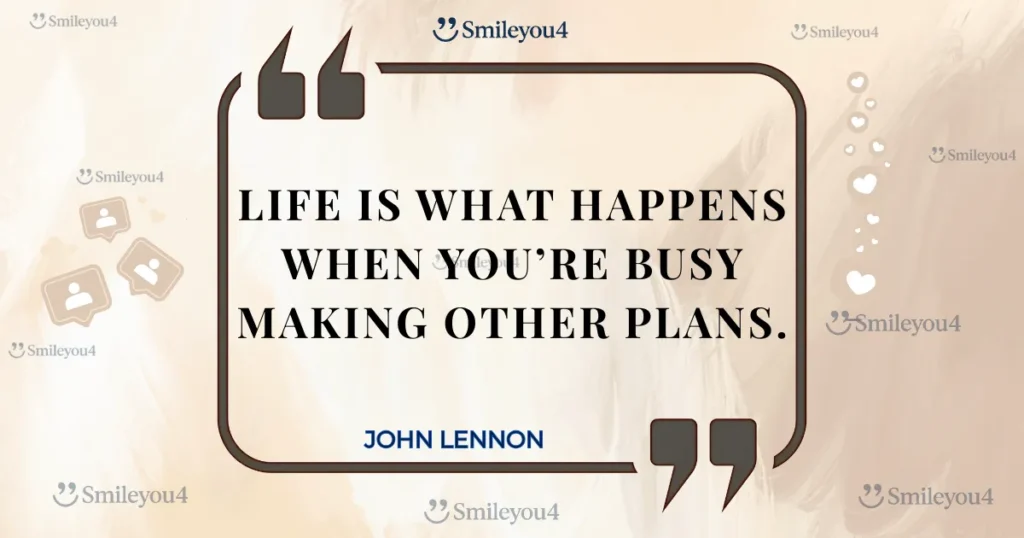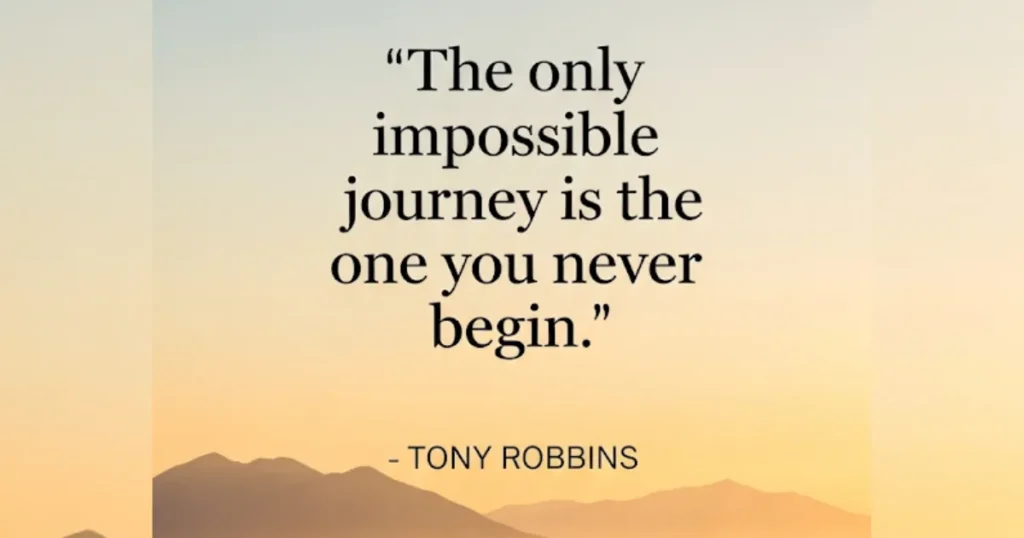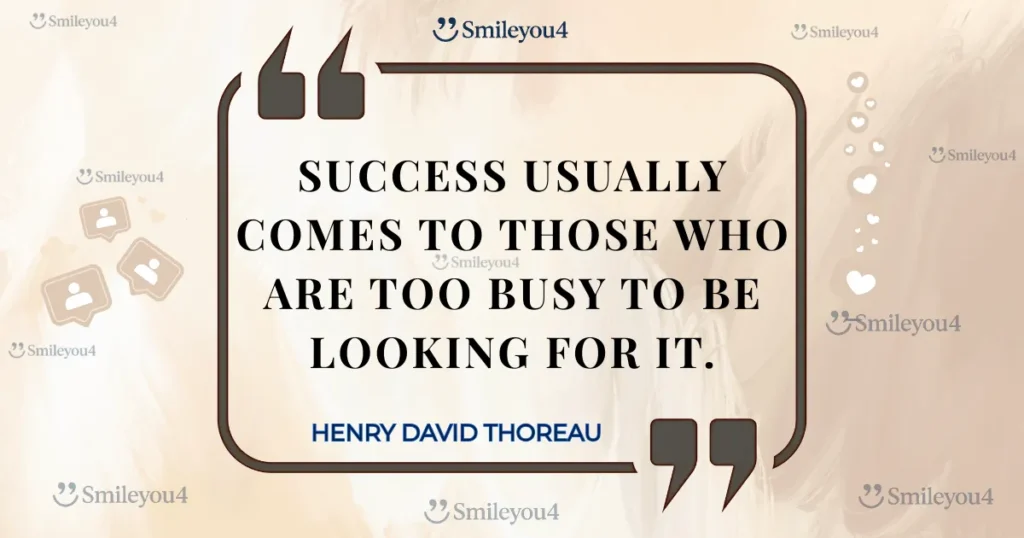What if the most beautiful parts of your life aren’t the ones you carefully planned? What if your greatest memories, deepest relationships, and most meaningful experiences happened when you were focused on something completely different? John Lennon understood this profound truth when he said, “Life is what happens when you’re busy making other plans.” This John Lennon quote isn’t just clever songwriting—it’s a wake-up call that can transform how you experience every single day.

Think about your favorite memories. Were they carefully orchestrated events, or did they catch you by surprise? Maybe it was an unexpected conversation with a stranger, a spontaneous road trip with friends, or a quiet moment that suddenly felt magical. These experiences prove what Lennon knew: life is what happens in the spaces between your plans, in the moments you never saw coming.
Today, we’ll explore how embracing this wisdom can help you stop missing your life while you’re busy planning it. You’ll discover practical ways to stay present, appreciate the unexpected, and find joy in the beautiful chaos that surrounds us all.
The Rock Star Who Understood Life’s True Rhythm
John Lennon’s Journey to This Life-Changing Insight
When John Lennon wrote that life is what happens while making other plans, he spoke from the heart of someone who’d lived both sides of this truth. As a member of The Beatles, Lennon experienced the surreal reality of having his carefully planned life completely upended by unexpected fame, creativity, and global impact.
His personal journey taught him that the most significant moments often arrived unannounced. Meeting Paul McCartney at a church fete wasn’t in his plans. The Beatles’ explosive success wasn’t mapped out in advance. Even his relationship with Yoko Ono began as an artistic collaboration that evolved into something neither had planned.
This John Lennon quote emerged from someone who learned to dance with life’s unpredictability rather than fight it. He discovered that happiness often comes not from achieving your plans, but from being fully present when life takes unexpected turns.
Why This Quote Resonates Across Generations
“Life is what happens when you’re busy making other plans.” These words continue to touch millions because they capture a universal human experience:
- “Life is what happens” acknowledges that living is an active, ongoing process
- “When you’re busy making other plans” recognizes our natural tendency to focus on the future
- The complete message reminds us that we might miss our actual life while planning our ideal one
This insight works because it gives you permission to stop waiting for life to begin and start noticing that it’s already happening all around you.
The Science Behind Present-Moment Awareness
How Your Brain Processes the Present vs. Future
Modern neuroscience confirms what John Lennon intuitively understood about the importance of present-moment awareness. Research shows that people who focus too heavily on future planning often miss the joy and meaning available right now.
Mental benefits of present-moment focus:
- Increased production of happiness chemicals like serotonin and dopamine
- Reduced anxiety from excessive future-focused thinking
- Enhanced memory formation of positive experiences
- Improved emotional regulation and stress management
The planning paradox:
Studies reveal that while some planning is essential for well-being, excessive future focus can actually decrease life satisfaction. People who understand that life is what happens now, not later, report higher levels of happiness and fulfillment.
Mindfulness research shows:
- 47% of the time, people’s minds wander to something other than what they’re currently doing
- This mental time-travel often leads to decreased happiness
- Present-moment awareness increases gratitude and appreciation for daily experiences
- Mindful people notice more beauty, connection, and meaning in ordinary moments
Champions Who Embraced Life’s Unexpected Turns
Oprah Winfrey: From Planned News Career to Unplanned Media Empire
Oprah’s journey perfectly illustrates how life is what happens while making other plans. She initially planned to be a news anchor, carefully mapping out a traditional journalism career. However, her authentic, empathetic interview style—which wasn’t part of her original plan—led to something far greater.
Her unplanned moments that changed everything:
- Being moved from news to a morning talk show felt like a demotion but became her breakthrough
- Spontaneous conversations with guests revealed her gift for creating meaningful connections
- Unscripted moments of vulnerability resonated more than prepared segments
- Following her intuition rather than industry expectations created her unique brand
Oprah shows us that when we stay open to life happening differently than planned, we might discover paths we never imagined.
Steve Jobs: The Art of Connecting Unplanned Dots
Steve Jobs famously said you can only connect the dots looking backward, not forward. His life exemplifies the John Lennon quote philosophy that the most important developments often come from unexpected directions.
His unplanned life-changing moments:
- Dropping out of college led to auditing a calligraphy class that later influenced Apple’s design philosophy
- Being fired from Apple forced him to start new companies that taught him crucial leadership skills
- Spontaneous meetings and conversations often sparked his most innovative ideas
- Embracing uncertainty allowed him to pivot when original plans weren’t working
Jobs proved that life is what happens when you remain curious and adaptable to unexpected opportunities.
J.K. Rowling: When Life’s Detours Lead to Magic
Before Harry Potter, Rowling had carefully planned a different life. She studied languages, worked in various jobs, and never intended to become a children’s author. The idea for Harry Potter struck her during an unplanned train delay—a perfect example of how life is what happens between your scheduled destinations.
Her story demonstrates:
- Unplanned moments of inspiration can change everything
- Life’s difficulties (divorce, single motherhood, financial struggles) can become the foundation for your greatest work
- Sometimes your real calling emerges from circumstances you never would have chosen
- Embracing the John Lennon quote wisdom means staying open to possibilities beyond your original vision
Practical Ways to Embrace Life as It Happens
Start Your Day with Planned Flexibility
Transform your mornings by balancing structure with openness to what wants to emerge:
Create flexible morning routines:
- Plan your non-negotiables (coffee, exercise, key priorities) but leave space for spontaneity
- Notice three unexpected things you appreciate before checking your phone
- Set intentions for how you want to feel rather than just what you want to accomplish
- Ask yourself: “What is life trying to show me today?”
Practice present-moment awareness:
- Take three conscious breaths and notice what’s actually happening right now
- Appreciate one thing about your current environment that you usually overlook
- Choose presence over productivity for at least ten minutes each morning
- Remember that life is what happens in these quiet, unplanned moments
Transform Your Relationship with Interruptions
Instead of seeing interruptions as obstacles to your plans, start viewing them as life happening in real time:
Reframe unexpected events:
- When plans change, ask “What might this make possible?” instead of “Why is this happening?”
- Look for gifts hidden in inconveniences—delayed flights might lead to interesting conversations
- Practice curiosity about deviations from your schedule rather than immediate frustration
- Remember the John Lennon quote wisdom that life’s best moments often come from these “interruptions”
Build spontaneity into your week:
- Schedule “unscheduled” time for whatever wants to emerge
- Say yes to unexpected invitations occasionally, even when they disrupt your plans
- Take different routes to familiar destinations and notice what you discover
- Allow conversations to flow naturally rather than rushing toward predetermined topics
Develop Your “Life Is Happening” Awareness
Create daily practices that help you notice life happening in real time:
Mindful transitions:
- Pause between activities to notice how you’re feeling and what you’re experiencing
- Use routine activities (brushing teeth, walking to your car) as opportunities for presence
- Practice the “5-4-3-2-1” technique: notice 5 things you see, 4 you hear, 3 you feel, 2 you smell, 1 you taste
- End each day by reflecting on moments when life surprised you
Gratitude for the unplanned:
- Keep a “beautiful interruptions” journal documenting positive unexpected moments
- Share stories of happy accidents and serendipitous encounters with friends
- Notice patterns in how unplanned events often lead to growth or joy
- Celebrate flexibility and adaptability as strengths rather than weaknesses
Overcoming Obstacles to Present-Moment Living
Moving Beyond Control and Into Flow
Many people struggle with the life is what happens philosophy because they equate planning with security. Learning to balance structure with spontaneity requires gentle practice:
Release the illusion of total control:
- Accept that you can influence but not control outcomes
- Focus on responding well to whatever arises rather than preventing all surprises
- Practice saying “interesting” instead of “terrible” when plans change
- Remember that John Lennon found freedom in embracing life’s unpredictability
Build comfort with uncertainty:
- Start with small experiments in spontaneity and flexibility
- Notice how often your “ruined” plans lead to better experiences
- Develop trust in your ability to handle whatever comes your way
- Find role models who demonstrate joyful adaptability
Balancing Planning with Presence
Embracing that life is what happens doesn’t mean abandoning all planning—it means holding your plans lightly:
Healthy planning strategies:
- Create plans as guidelines, not rigid requirements
- Build buffer time into your schedule for life’s surprises
- Focus more energy on planning how you want to feel than what you want to control
- Review your plans regularly and adjust them based on what life is showing you
Signs you might be over-planning:
- You feel anxious when small things don’t go according to schedule
- You miss beautiful moments because you’re thinking about the next task
- Your happiness depends on everything going exactly as planned
- You rarely have time for spontaneous activities or conversations
Building Your “Life Is Happening” Practice
Daily Awareness Exercises
Develop habits that keep you tuned into the John Lennon quote wisdom:
Morning intention setting:
- Begin each day by asking: “How can I stay open to life happening today?”
- Set an intention to notice one beautiful unplanned moment
- Practice gratitude for the gift of not knowing exactly what will unfold
- Choose curiosity over anxiety about your day’s uncertainties
Evening reflection:
- Identify moments when life surprised you in positive ways
- Notice times when flexibility led to


